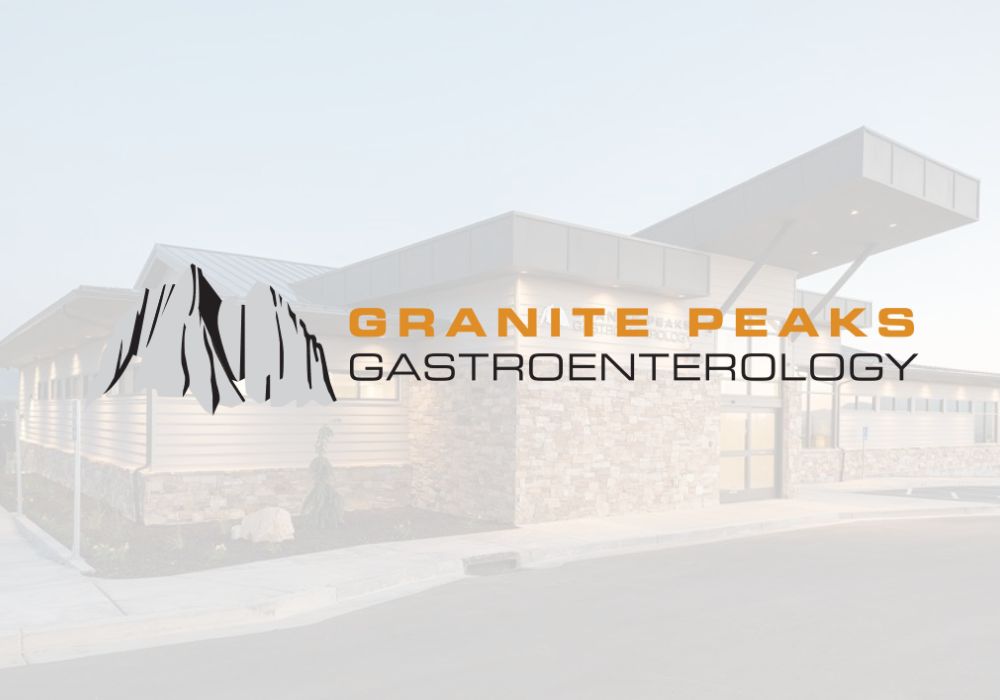Acute gastroenteritis, more commonly known as the stomach flu or food poisoning, is an infection of the stomach and intestines which is usually caused by a virus, the most common being norovirus. You may have heard of this virus being the culprit of GI illnesses associated with cruise ships or other large outbreaks. These viruses are passed person to person by contaminated food and water, or by objects we come in contact with. In the winter and spring months, infections usually peak because people are indoors and there’s more opportunity to pass the virus to uninfected persons. Less commonly, gastroenteritis can also be caused by bacteria such as salmonella, C. difficile and others.
Gastroenteritis Symptoms
Common symptoms of gastroenteritis include fever, body aches, abdominal pain, diarrhea and vomiting. Patients generally develop symptoms within 12-24 hours of being exposed, and the initial presentation can be quite severe, leading to the nickname 24-hour stomach flu. Luckily, viral gastroenteritis has a short course and most patients can expect a full recovery within 2-3 days.
Gastroenteritis Treatment
There is no specific treatment for patients with acute viral gastroenteritis. A short course of antibiotics may be needed for patients who have gastroenteritis due to bacteria that has been confirmed with stool studies. If patients do not have any of the alarm symptoms discussed below, medications such as loperamide (Imodium) and bismuth subsalicylate (Pepto-Bismol) may reduce the severity of symptoms. It is important to stay well-hydrated with sports drinks and broths to maintain electrolyte balance. Smaller, bland meals such as soups, crackers, potatoes rice, and bananas will generally be best tolerated. Patients should avoid sugary foods and drinks as these can worsen the diarrhea. In severe cases, some patients with prolonged nausea and diarrhea may become dehydrated to the point they need IV fluid repletion.
Alarm Symptoms
If you have concerning symptoms of gastroenteritis, you may be wondering when you should seek treatment. As mentioned above, viral gastroenteritis usually has a short course that does not require any specific treatment; most patients will clear the virus on their own. That being said, there are some symptoms patients need to watch out for and seek medical care if they develop, as it is important to rule out more serious causes of diarrhea and abdominal pain. These symptoms include:
– blood or pus in your stool
– uncontrolled vomiting
– prolonged symptoms lasting longer than one week
– weight loss
– if you are pregnant
– recent hospitalization or antibiotic use within the past 6 months
– if your immune system is suppressed from medications or chronic conditions, such as diabetes
In these cases, the specialists at Granite Peaks Gastroenterology may need further diagnostic studies, such as stool tests, blood work or an endoscopy procedure to determine an accurate diagnosis and consider proper treatment. Disease processes such as inflammatory bowel disease (Crohn’s Disease and Ulcerative Colitis), C. difficile infection, microscopic colitis, diverticulitis and celiac disease can have overlapping features with acute gastroenteritis and must be ruled out in patients with alarming symptoms.
If you have lingering symptoms with no improvement, talk to one of the GI specialists at Granite Peaks Gastroenterology. They can evaluate your symptoms and determine the best way to help you get back on your feet and feeling your best.


